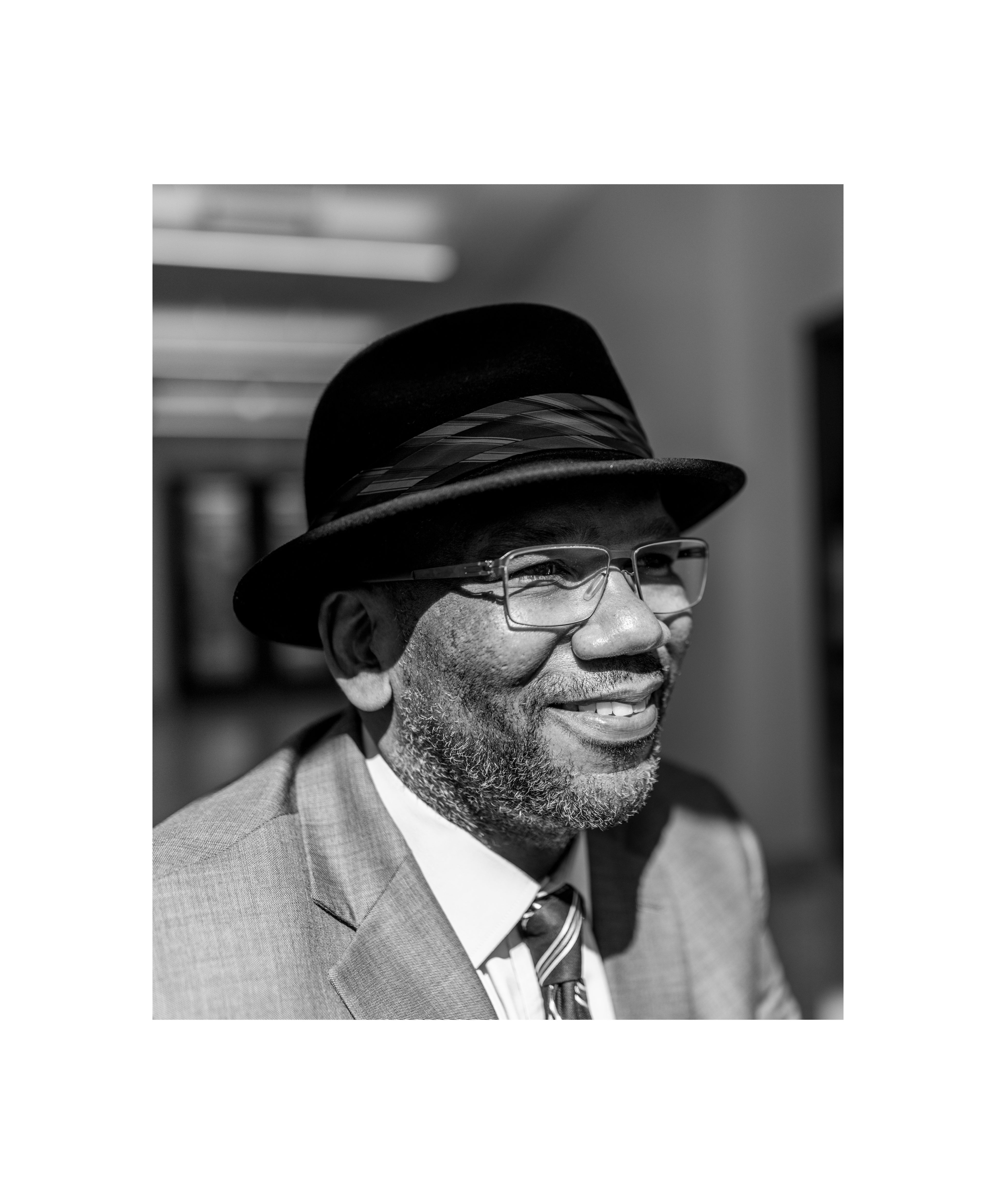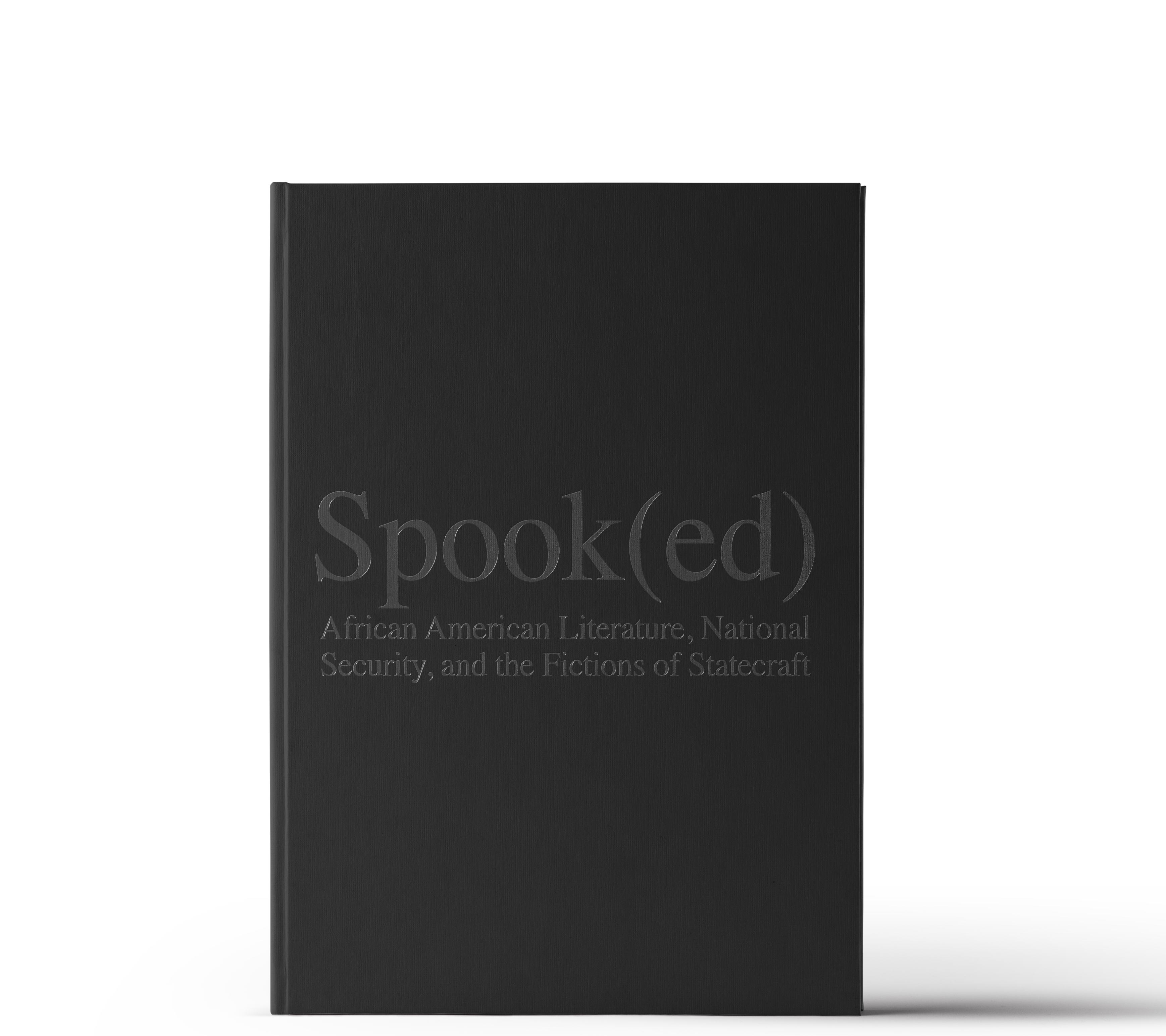Advocate for the Humanities
UH English Professor Cedric R. Tolliver Selected as National Humanities Center Fellow

Advocate for the Humanities
UH English Professor Cedric R. Tolliver Selected as National Humanities Center Fellow


Cedric R. Tolliver
Cedric R. Tolliver
There’s a story Cedric R. Tolliver likes to share about his decision to take French in high school in his hometown of Macon, Georgia.
“The school had three languages you could take: Spanish, French or Latin. Most everyone chose Spanish,” recalled the University of Houston associate professor of English. “Then there were the really smart folks who took Latin, and I was kind of right in between, so I took French.”
Choosing French, it turns out, was the smartest decision Tolliver ever made because it changed the course of his life.
“The most surprising part of this story was finding a book of poetry from francophone African writers in my school library. I don’t even know how it got there, but there was this whole world of French-speaking Black people that just opened up for me,” he explained.
Inspired by African American writers such as James Baldwin and historian Tyler Stovall, Tolliver went to Paris to study their histories, connect with other francophones and to become an author.
“Paris seemed like a place where people could escape racism and be a writer,” said Tolliver, who teaches African American literature and culture and literary theory at UH.

Tolliver has certainly become a scholar in his own right. He’s a two-time Fulbright Scholar and was just named a National Humanities Center (NHC) Fellow for the 2022-23 academic year. He is among 33 scholars chosen from 592 applicants for this prestigious honor.
“The National Humanities Center Fellowship carries much prestige and is awarded to an exclusive group of scholars,” said Paula Myrick Short, senior vice president for academic affairs and provost. “It is certainly validating to witness a University of Houston faculty member being named to this year’s class of fellows. Dr. Tolliver is most deserving of this honor and is yet another example of the outstanding professors whose research and scholarly output elevate the profile of our institution.”
The NHC is unique: a free-standing national resource devoted to advancing significant humanistic study and reflection and to making those insights available both inside and outside the academic world.



"Spook(ed): African American Literature, National Security, and the Fictions of Statecraft,” by Cedric R. Tolliver
"Spook(ed): African American Literature, National Security, and the Fictions of Statecraft,” by Cedric R. Tolliver
As an NHC Residential Fellow, Tolliver received a $50,000 stipend to devote a year exclusively to research and writing his book-length manuscript. He will make use of the center’s outstanding library services – books, essays, articles and various digital archives – and other resources to complete his manuscript, “Spook(ed): African American Literature, National Security, and the Fictions of Statecraft.”
The idea for “Spooked” is motivated by Sam Greenlee’s “The Spook Who Sat by the Door (1969),” the fictional story of the nation’s first Black CIA officer who quits the agency and uses his skills to train a Chicago street gang in the tactics of guerilla warfare.
“My book speaks directly to a fundamental tension at the heart of the project of racial integration in the United States over the last 70 years: incorporating individual African Americans into the government when, as a group, African Americans have been viewed almost exclusively as an internal subversive threat for most of U.S. history,” Tolliver explained. “It takes a fresh approach in considering that situation from the perspective of African Americans who played a role in securing America’s interest as a global power.”
Think Colin Powell, Condoleezza Rice and Susan Rice – all of whom had high-profile, global-facing positions in the National Security Council over the last 20 or more years.
“It takes a fresh approach in considering that situation from the perspective of African Americans who played a role in securing America’s interest as a global power.”
- Cedric R. Tolliver

“The National Humanities Center fellowship is recognized as one of the most prestigious national faculty awards, so it’s hard to exaggerate the significance of this accomplishment,” said Dan O’Connor, dean of the College of Liberal Arts and Social Sciences. “That Dr. Tolliver was selected for the fellowship speaks volumes about the quality of his scholarship and his expanding career accomplishments.”
Since 1978, National Humanities Center Fellows have produced over 1,700 books as well as countless essays, articles and other works; and have won or been finalists for the National Book Award, the National Book Critics Circle Award, the MacArthur Fellowship, the Pulitzer Prize and many others.
Tolliver aspires to follow in the footsteps of those NHC fellows. He looks forward to honing his craft and exchanging ideas with colleagues who have made the leap from writing exclusively for academics to a wider audience of serious nonfiction readers.
He also wants to use this opportunity to advocate for the humanities.
“We hear a lot of talk about STEM and solving problems of the world, but what seems to be missing in that whole equation is consideration of the actual people who created these problems. If we are not studying the entirety of the human situation from which these problems arise, there’s no way we are going to solve them,” he said. “This reflection on who we are as human beings is critical to solving the many problems we face.”

